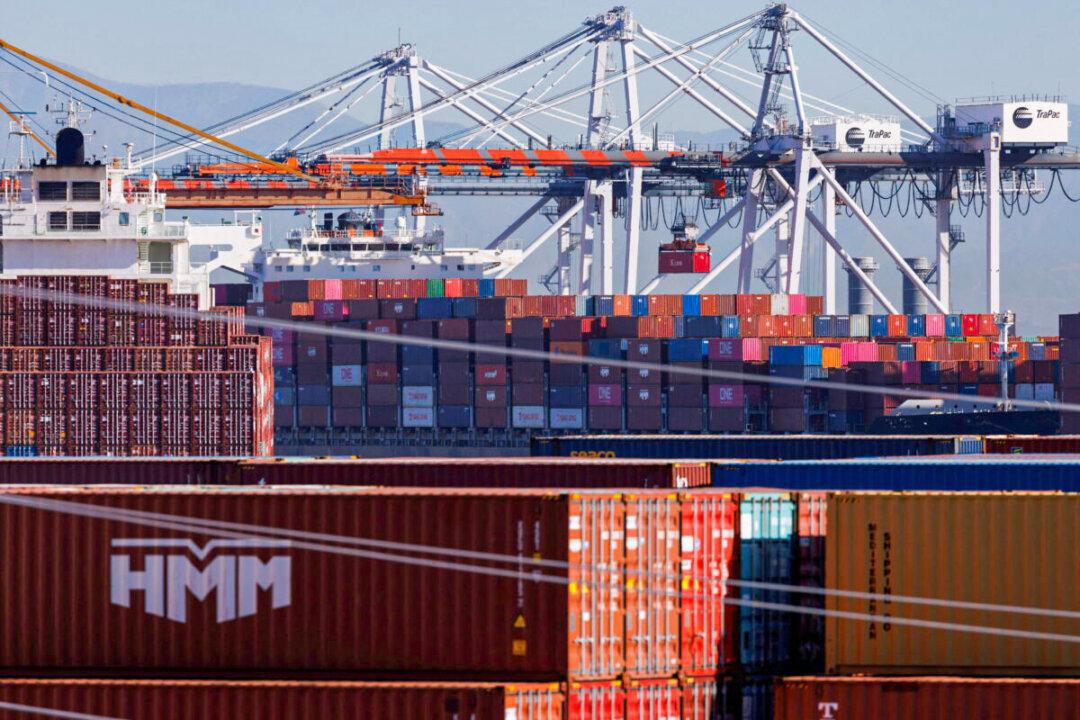WASHINGTON—The U.S. House of Representatives approved legislation Monday to improve oversight of ocean shipping, which supporters say will help curb inflation and ease export backlogs.
The bill was approved 369–42 and will head to the White House for President Joe Biden’s signature. Biden said in a statement he looked forward to signing it into law.





